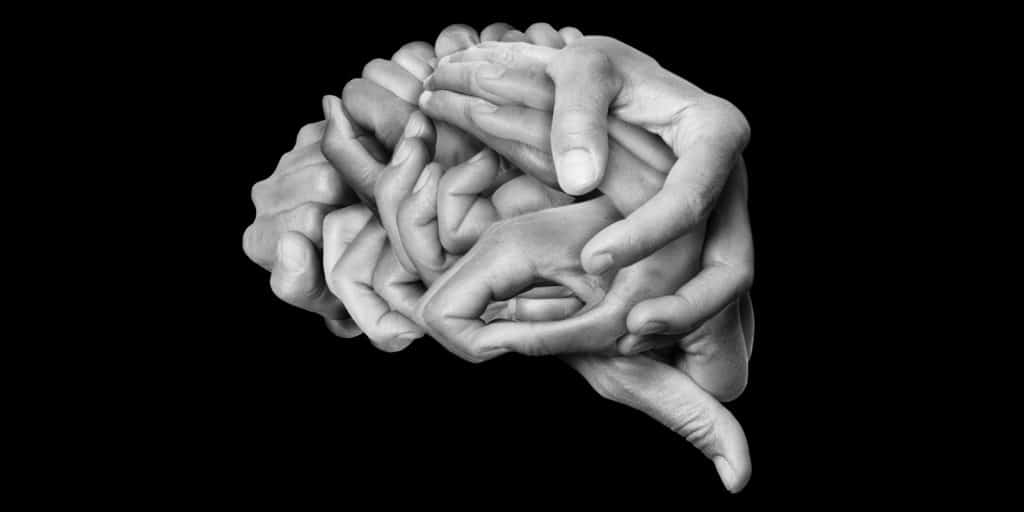Stretching is a good way to improve flexibility and avoid muscle soreness. Don’t forget the brain is like a muscle, if you don’t give it a regular workout it loses tone just like every other part of your body!
- Exercise for 30 minutes every day – Physical exercise delivers oxygen to the brain. This can help to improve your memory, reasoning abilities and reaction times.
- Read often and read widely – Keeping an active interest in the world around you will help to exercise your brain and improve your mental fitness.
- Boost your levels of vitamin B – Eat plenty of wholegrain cereals, leafy greens and dairy foods. Vitamin B is essential to brain health.
- Challenge your intellect and memory – Stretch yourself mentally by learning a new language, doing the cryptic crossword or playing chess. This is important for brain health and good for your social life.
- Take time to relax – Excess stress hormones like cortisol can be harmful to the brain. Schedule regular periods of relaxation into your week.
- Take up a new hobby – Learning something new gives the ‘grey matter’ a workout and builds neural pathways in the brain.
- Actively manage your health – Conditions such as diabetes or heart disease can affect mental performance if not diagnosed and treated. Have regular check-ups with your doctor to prevent future problems.
- Engage in stimulating conversations – Talk to friends and family about a wide range of topics. This gives your brain an opportunity to explore, examine and enquire.
- Take up a manual activity or craft – Hobbies such as woodwork and sewing or activities like skipping require you to move both sides of the body at the same time, in precise movements. This can help to improve your spatial awareness and increase your reaction time.
- Exercise your brain with others – Watch, question and answer game shows and enjoy the competitive spirit. Involve the family in regular games to test their general knowledge.

